Imagine waking up in the morning, driving to work, and going about your day when all of a sudden you feel a sudden rush of overwhelming, intense anxiety. You feel short of breath, maybe even dizzy, your heart is pounding harder than it’s ever pounded and you feel like you might just being going crazy – or worse, like you’re about to die. This is what it feels like to have a panic attack.
They are an insidious betrayal of your mental and physical capabilities that often occur at random times.
I experienced my first panic attack as a teenager. It was a crazy sensation that jolted me out of bed in the middle of the night, and I thought my heart was going to burst out of my chest. My dad, an EMT in our small town, calmed me down enough to convince me that I wasn’t having a heart attack or about to die. I went to the doctor the next day and after undergoing several tests to make sure my heart was functioning correctly, I was discharged with anti-anxiety medication (which I never took) and orders to “take it easy.”
Since that time, I have experienced dozens of panic attacks, which I now know arise in clusters for me during times of high stress. I got them in high school, during my first year of law school, and during the last year of my law practice when I burned out.
I’ve gotten them in the car, in movie theaters, in my office, in class, and at home. Despite the name, outwardly, you don’t appear to be panicking unless you happen to verbalize your symptoms to someone. The panic happens internally – like the fight or flight response on steroids.
Read Signs And Symptoms Of Generalised Anxiety Disorder
According to the National Institute of Mental Health, anxiety disorders affect more than 40 million adults in the United States and cost the U.S. more than $42 billion a year ($22.84 billion of that total associated with the repeated use of health care services).
The term “anxiety disorders” includes generalized anxiety disorder, panic disorder, specific phobias, and social anxiety disorder, all of which develop from a complex set of factors like genetics, brain chemistry and life events.
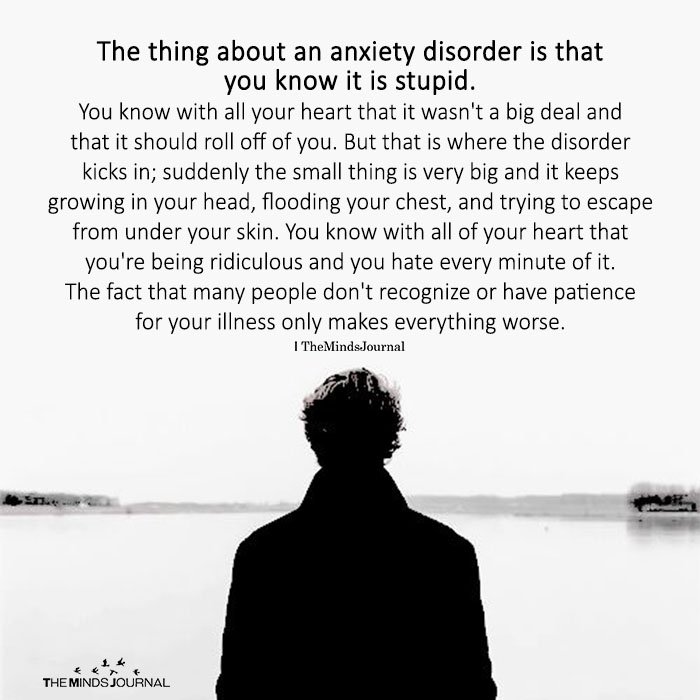
While all forms of anxiety disorder can impact the quality of your relationships, work productivity, and how you approach social settings, a brand new study from George Mason University, examined the correlation between six different types of anxiety disorders and physical, social, and occupational functional impairment and found that, “results overall indicated that the correlation between symptoms and [impaired] functioning is somewhat weak.”
Read Anxiety Disorders Could Be Caused By Being Exposed To Narcissistic Abuse
While that might be hard to believe in the aftermath of a panic attack, I think these findings illustrate the complex nature of these disorders and may even provide some hope because anxiety doesn’t have to automatically lead to work/life impairment.
If you experience panic attacks, here are three strategies to help that are supported both by the science and my own personal use:
1. Exercise.
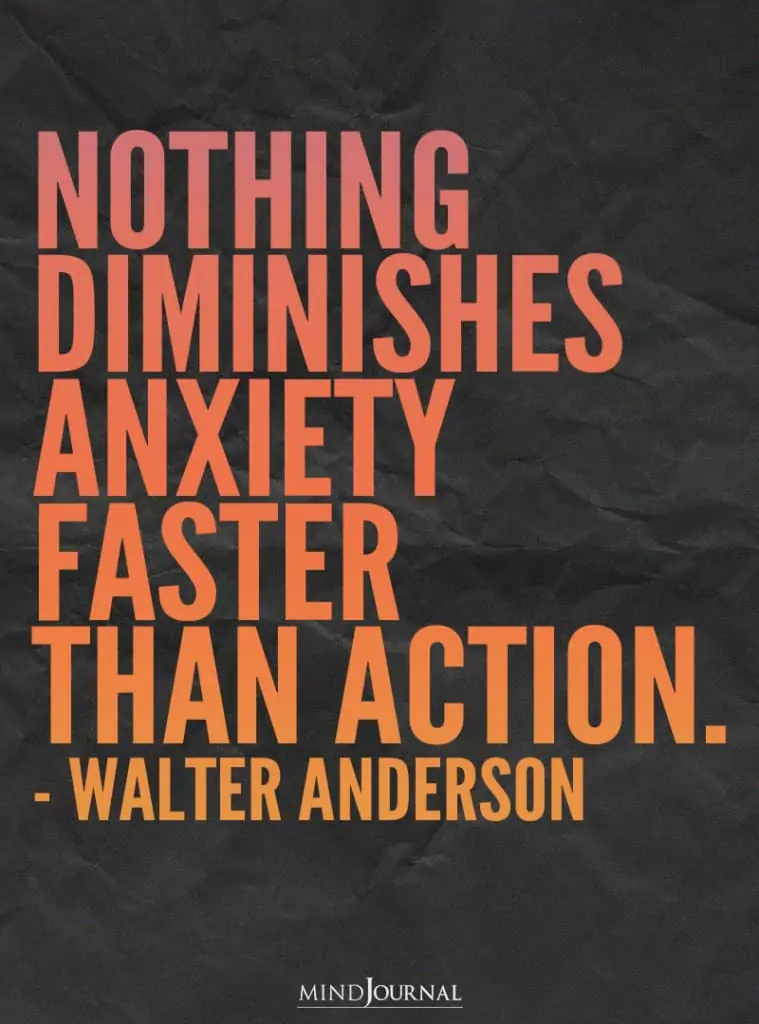
Exercise has been shown to be a promising pathway for managing certain types of depression and anxiety. When I burned out, I got panic attacks at least weekly. That in turn caused me to stop exercising because the feeling of my heart rate elevating was enough to cause a panic attack.
It was the first time in my life I had gone an extended period of time without exercising, and it was the exact wrong thing to do. To break the cycle, I enlisted the help of a very special buddy, my golden retriever Sadie, and started walking short distances with her.
I convinced myself that if something happened to me mid-walk, she might run to a nearby house and start barking. Gradually, I felt more comfortable walking longer distances with her and then worked back up to my normal exercise routine. I had to re-train my brain to learn that the physical signs of increased heart rate and breathing didn’t necessarily mean something bad was about to happen.
2. Re-Train Your Brain.
I now teach and train people how to be more resilient to stress, and part of that training involves building mental toughness and thinking differently about stress and the stress response. In addition to physical exercise, cognitive exercises can help you regain control over your thinking, and that will help you have healthier reactions to stress. These mental exercises have been an invaluable part of my own recovery.
Read 33 Lies Your Anxiety Tells You
3. Focused Breathing.
If you experience anxiety, you may report issues with your breathing, ranging from shallow breathing to literally feeling like you’re suffocating. Being able to have control over your breath is one of the most power techniques you can use when you’re anxious or panicked.
Two of the most popular methods are “4-7-8 breathing” first described by Dr. Andrew Weil, and the 4×4 method (the Army soldiers I taught call it “tactical breathing”). If you try 4-7-8 breathing, simply inhale for a count of four, hold your breath for a count of seven, and exhale for a count of eight.
If you try the 4×4 method, inhale for four seconds, hold your breath for four seconds, exhale for four seconds and hold your breath for four seconds.
Recent studies evaluating breathing practices and soldiers showed that the soldiers who immersed themselves in specific breathing techniques saw dramatically lower levels of acute anxiety and post-traumatic stress.
Read What Is High Functioning Anxiety Disorder?- Signs, Effects And How To Deal With It
You don’t need to be a soldier to take advantage of the benefits of breathing. One study showed that a single 15-minute block of deep breathing dramatically lowered stress hormones. These techniques are most effective when you practice them when you’re NOT under stress. That way, you’ll be able to recall them easily when anxiety strikes.
Lastly, don’t hesitate to reach out to your healthcare provider for additional remedies, like medication or to learn about support groups. I am happy to report that my panic attacks are largely a thing of my past. I have learned a lot about my “wiring,” though, and know that I need to maintain the practices I outline above to most effectively manage my anxiety. I would love to hear from you – what strategies do you use?
Frequently Asked Questions
What is the best medication for severe anxiety and panic attacks?
When it comes to taking medication for severe anxiety and panic attacks, it’s always the best idea to consult a qualified professional who can give you the right medicine to deal with your anxiety issues.
What foods cause anxiety and panic attacks?
According to Health Us News, foods and drinks that are linked to anxiety are alcohol, sugary drinks, cakes, pies, cookies, energy drinks, processed meats, ready-to-eat meals, gluten, and artificial sweeteners.
How to know if you’re having a panic attack or anxiety attack?
Panic attacks occur without any triggers, whereas anxiety attacks happen when in the case of perceived stressors and threats. Panic attacks generally abate after a few minutes, but anxiety attacks can go on for longer periods of time.
When can anxiety symptoms turn into an anxiety disorder?
When your anxiety and worry consistently persist for six months, chances are it has turned into an anxiety disorder. Three out of these six symptoms can be an indication of an anxiety disorder: sleep disturbances, restlessness, tiredness, difficulty concentrating, muscle tension, and extreme mood swings.
Written by: Paula Davis, J.D., M.A.P.P Download her ebook Beating Burnout at Work: Why Teams Hold the Secret to Well-Being & Resilience. Originally appeared on Psychology Today Republished with permission.
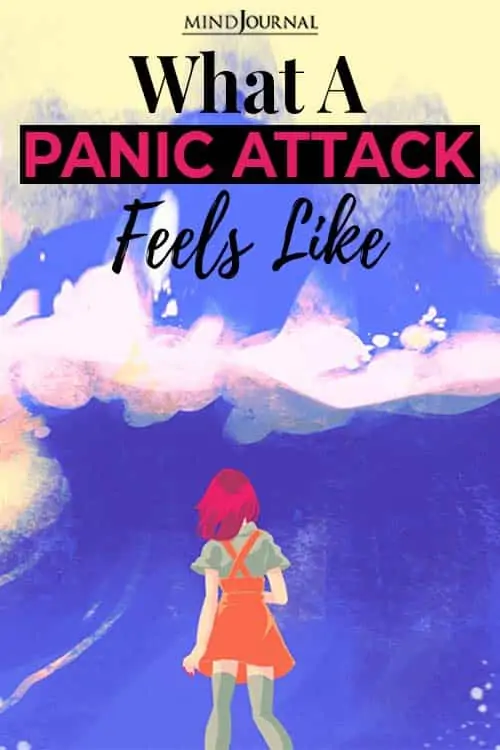
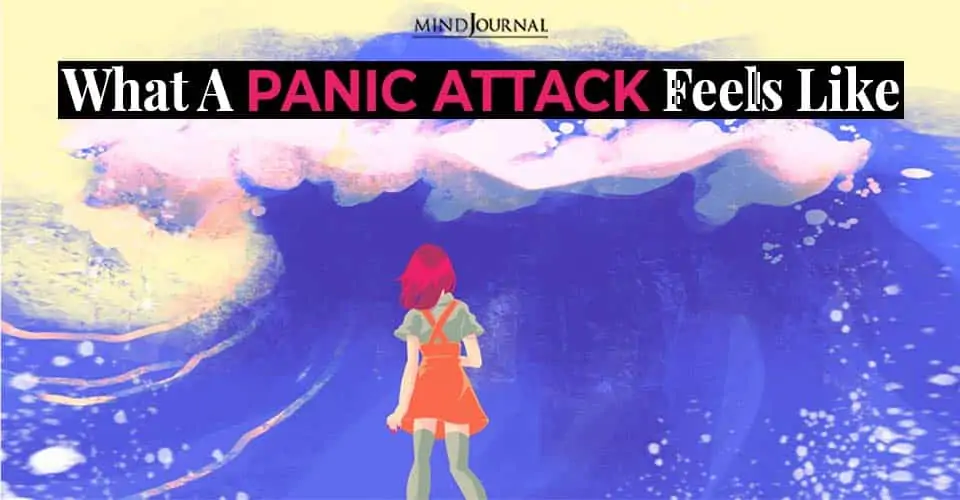
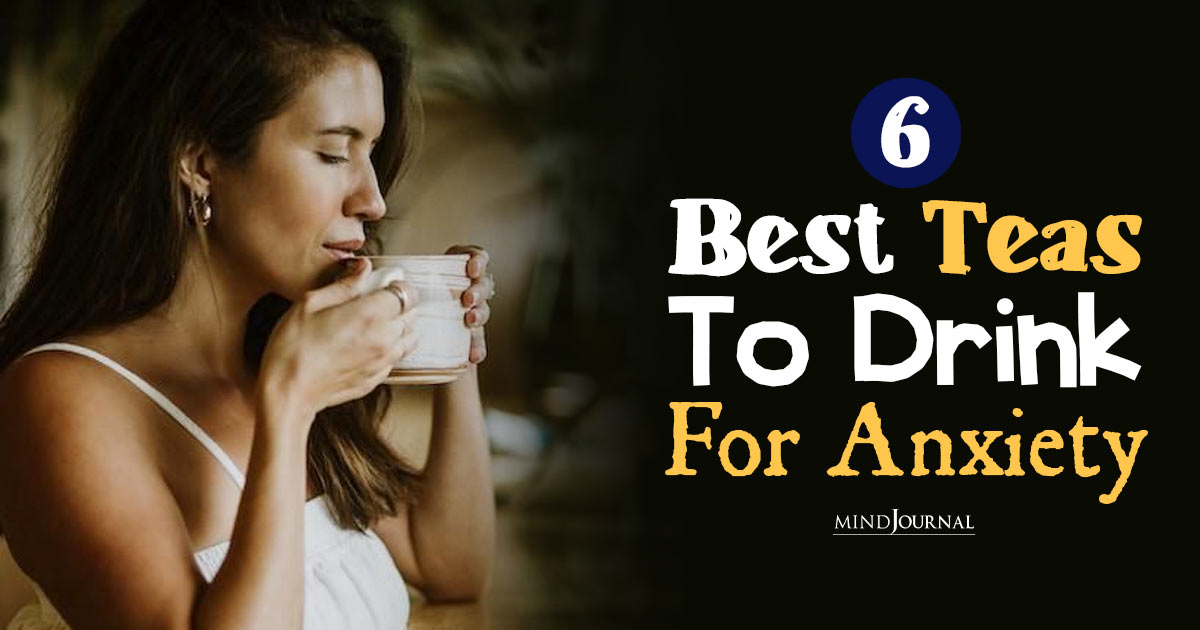
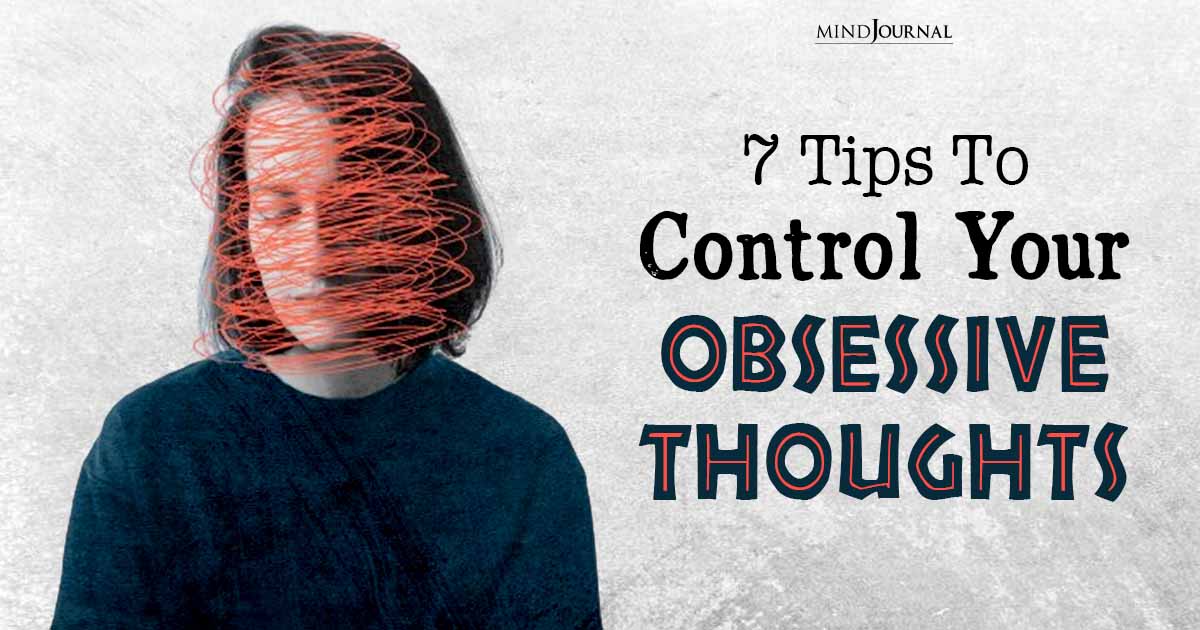
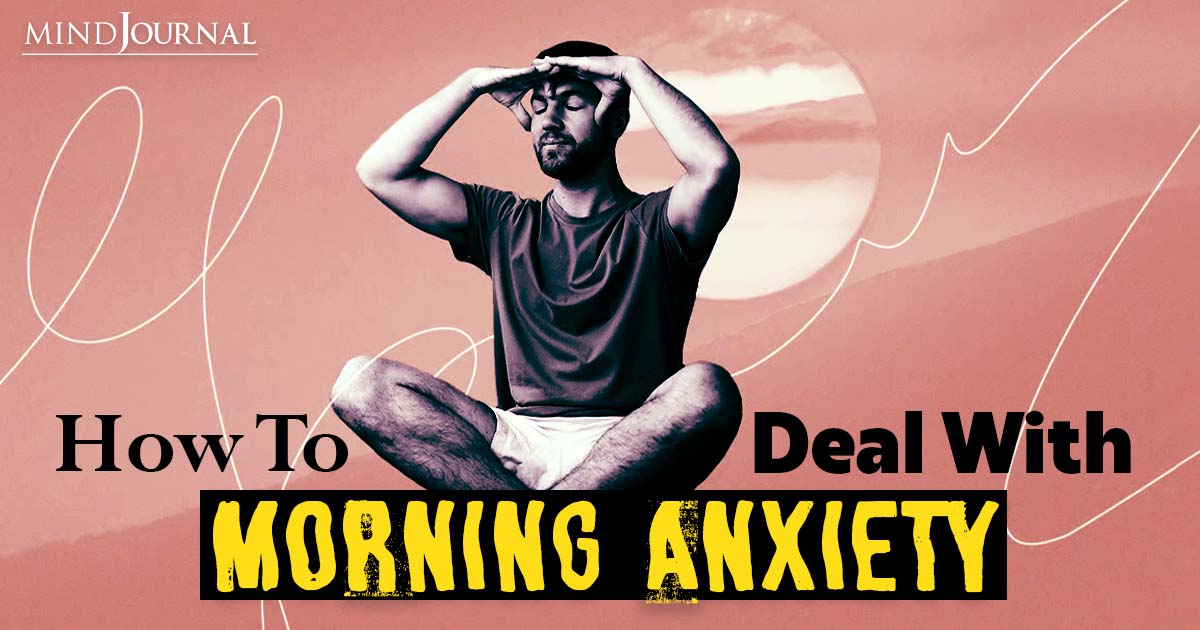
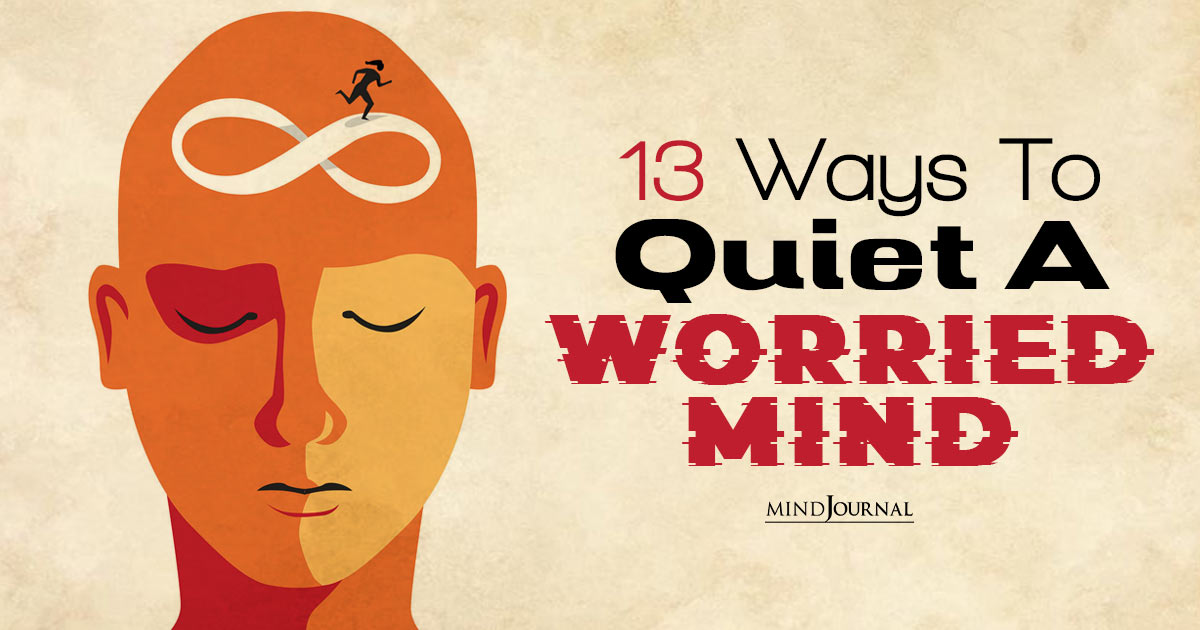
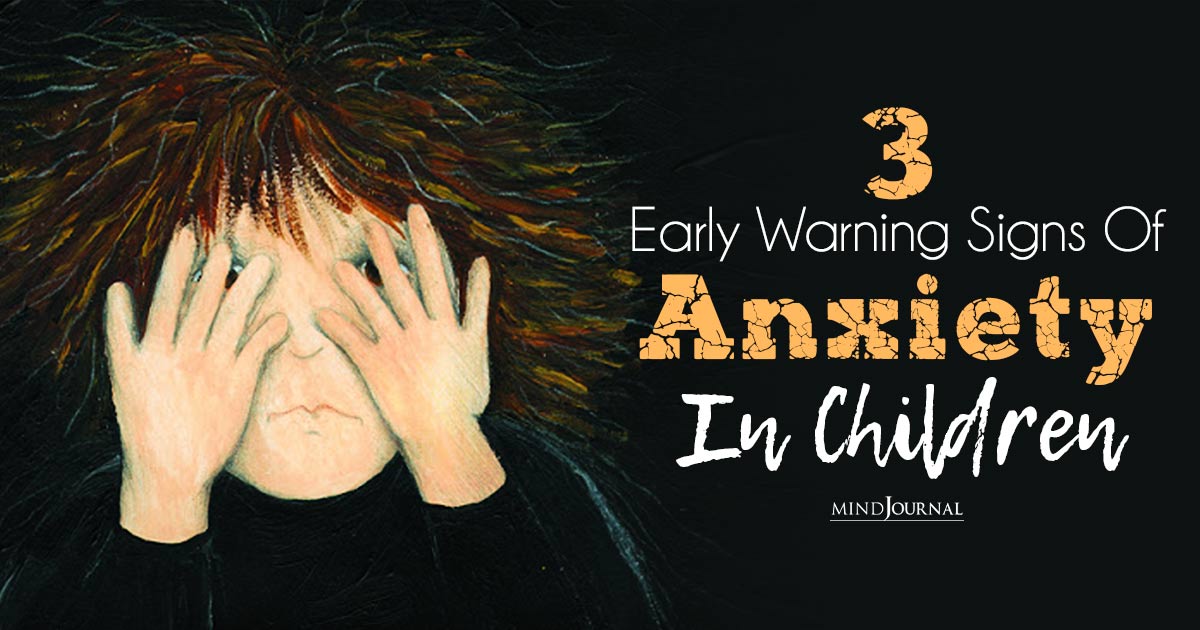
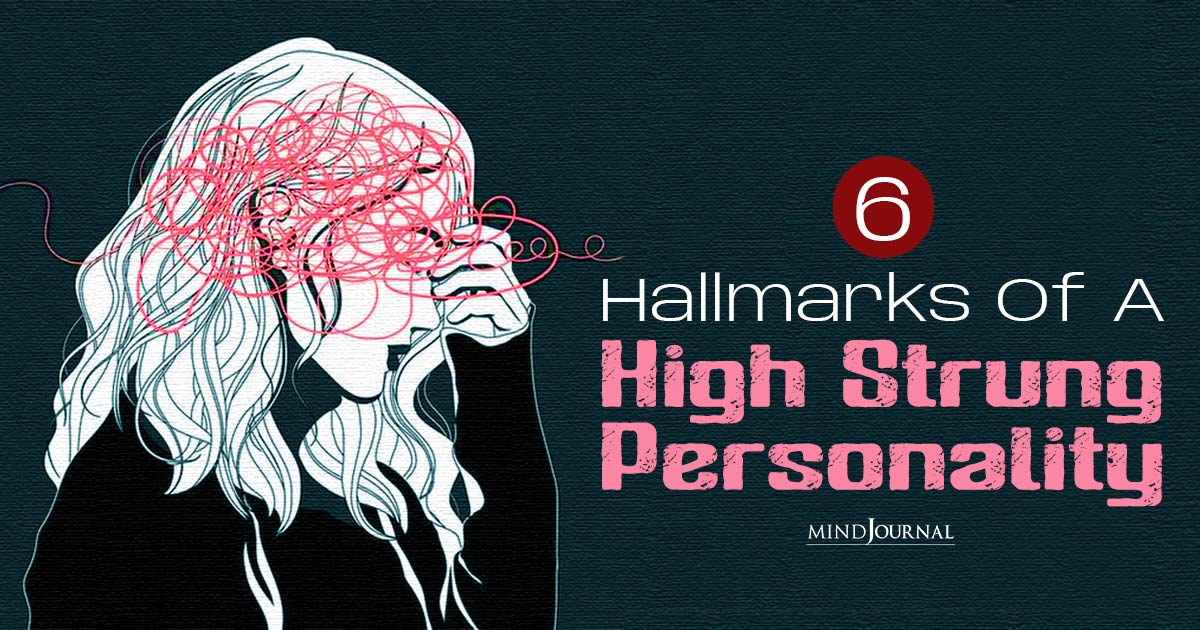
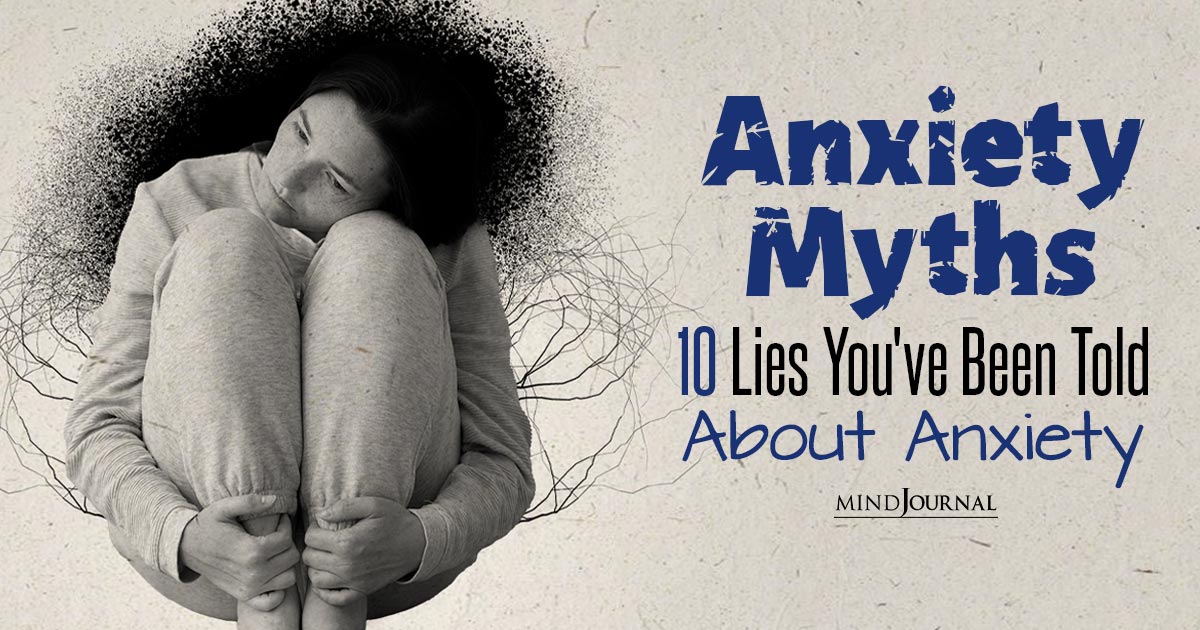
Leave a Reply
You must be logged in to post a comment.